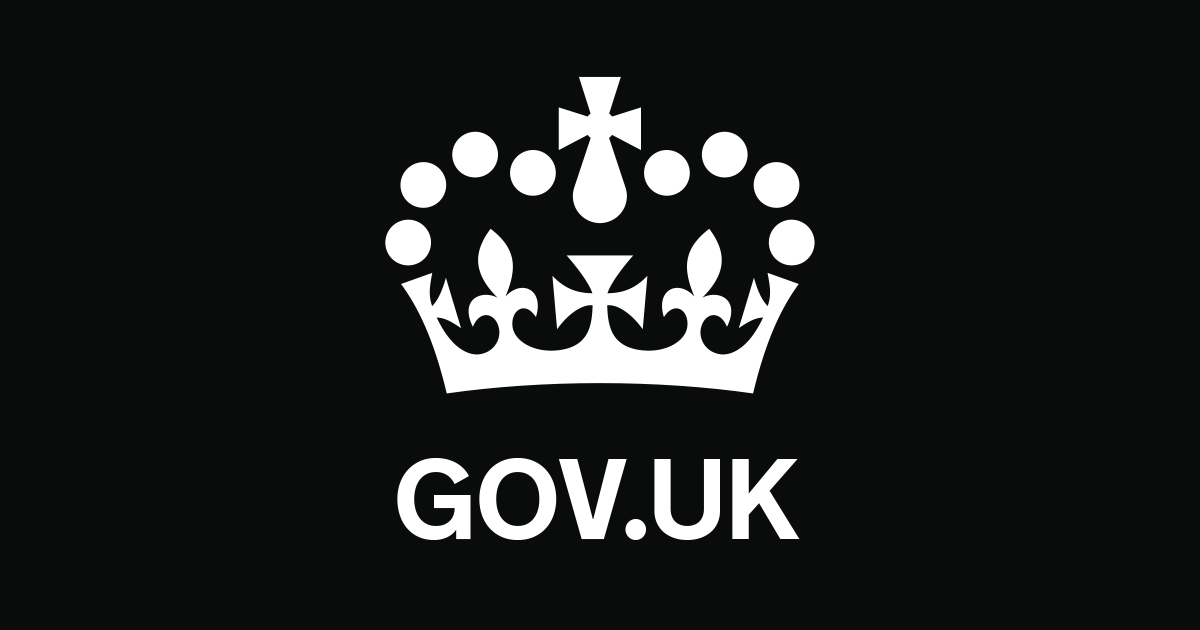
This travel advice page also covers the Vatican City
The FCDO advises against all but essential travel to:
- the whole of Italy based on the current assessment of COVID-19 risks.
If you are returning to the UK from Italy, you will need to self-isolate on your return (unless you are exempt). Check the latest guidance for England, Northern Ireland, Scotland and Wales.
Travel to Italy is subject to entry restrictions
- Until 5 March, entry into Italy is only permitted for those with official residency or those with absolute necessity, which must be declared in writing
- Until 5 March, those wishing to fly must present the airline with a negative COVID-19 rapid antigenic or molecular swab test taken no more than 72 hours before entry into Italy. You must also take a COVID-19 rapid antigenic or molecular swab test within 48 hours of entering Italy – arrivals by air from the UK will take this test at the airport. Whatever the result of the 2 swab tests, those arriving in Italy from the UK must also report to their local health authorities on arrival and self-isolate for 14 days
- You will need to download and complete a self-declaration from the Ministry of Interior before you travel
- Consult the Italian Government’s online questionnaire (in English) for more advice on entry requirements and travel to Italy
See Entry requirements for more information before you plan to travel.
Preparing for your return journey to the UK
If you’re returning to the UK from overseas, you will need to:
Check our advice on foreign travel during the coronavirus (COVID-19) pandemic and sign up for email alerts for this travel advice.
If you’re planning travel to Italy, find out what you need to know about coronavirus there in the Coronavirus section.
During the COVID-19 pandemic, it is more important than ever to get travel insurance and check it provides sufficient cover. See the FCDO’s guidance on foreign travel insurance.
There are rules about taking food and drink into the EU. See Taking food and drink into the EU for further information.
There is a general threat from terrorism. There may be increased security in place over the festive period, including at Christmas markets and other major events that might attract large crowds. You should remain vigilant and follow the advice of the local authorities.
Approximately 4 million British nationals visit Italy every year. Most visits are trouble-free.
If you’re living in or moving to Italy, visit our Living in Italy guide in addition to this travel advice.
If you’re visiting a ski resort, take advice on weather and avalanche conditions before you travel and familiarise yourself with local skiing laws and regulations. For more information about the avalanche risk, visit the European Avalanche Warning Service website. See Safety and security
High waters known as “acqua alta” are a common occurrence in Venice during the winter months and can cause flooding in parts of the city. See Flooding
Forest fires are a risk during the extended summer months. See Forest fires
Demonstrations may occur with little or no warning in cities. You should avoid any protests, political gatherings, or marches.
Terrorist attacks in Italy can’t be ruled out. See Terrorism
If you need to contact the emergency services, call 112 (police), 118 (ambulance) or 115 (fire).
If you’re abroad and you need emergency help from the UK government, contact the nearest British embassy, consulate or high commission.